
Chinese have many traditional festivals: Spring Festival to celebrate the new year, Tomb-sweeping Day to memorize those passed away, Mid-autumn Festival to reunite families…etc. Do you know what day is this Sunday? October 25, the ninth day of the ninth lunar month this year is also an important day with long history. If you have not heard about Chongyang Jie or the Double Ninth Day(重阳节 chóng yáng jié), read the following…
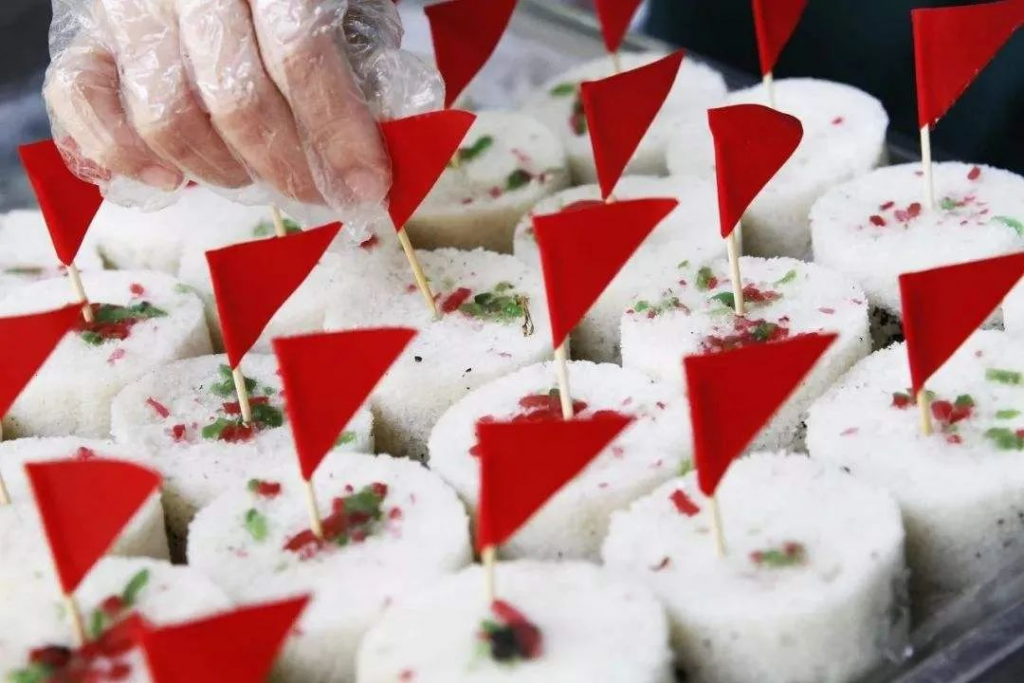
Nostalgia Aroused by a Poem
In 718, 17-year-old Wang Wei(王维 701~761, famous poet and painter in Tang Dynasty), was wandering among aristocrats with his pen in the city of Chang’an(China’s ancient capital). No matter how jubilant people were and how tasty the wine was, nothing can soothe the sorrow of Wang’s being a guest far away from his home.

On the ninth day of the ninth lunar month of that year, he climbed high alone on a mountain, thinking about his family thousands of miles away and wrote the poem-On Double Ninth Day Thinking of My Brothers at Home:
A lonely stranger in a foreign land I’m cast,Sore sick for my dears on every festive day.By now my brothers must some heights have passed,But a cornel wearer missing will damp the day.

The poem moved the country as soon as it was completed. Since then, the ninth day of the ninth lunar month has been officially established as a statutory holiday as the Double Ninth Day.

Meaning of Double Nine
In the Book of Changes, the number of six is set as Yin(阴) while the number of nine is set as Yang(阳). The ninth day of the ninth lunar month includes two Yangs so it is called Chongyang(重阳 meaning overlapping Yang) as an auspicious day. In addition, nine is the largest number under ten and in Chinese nine(九 jiǔ) and long(久 jiǔ) are homophones, meaning long term, which implied long life since ancient times.
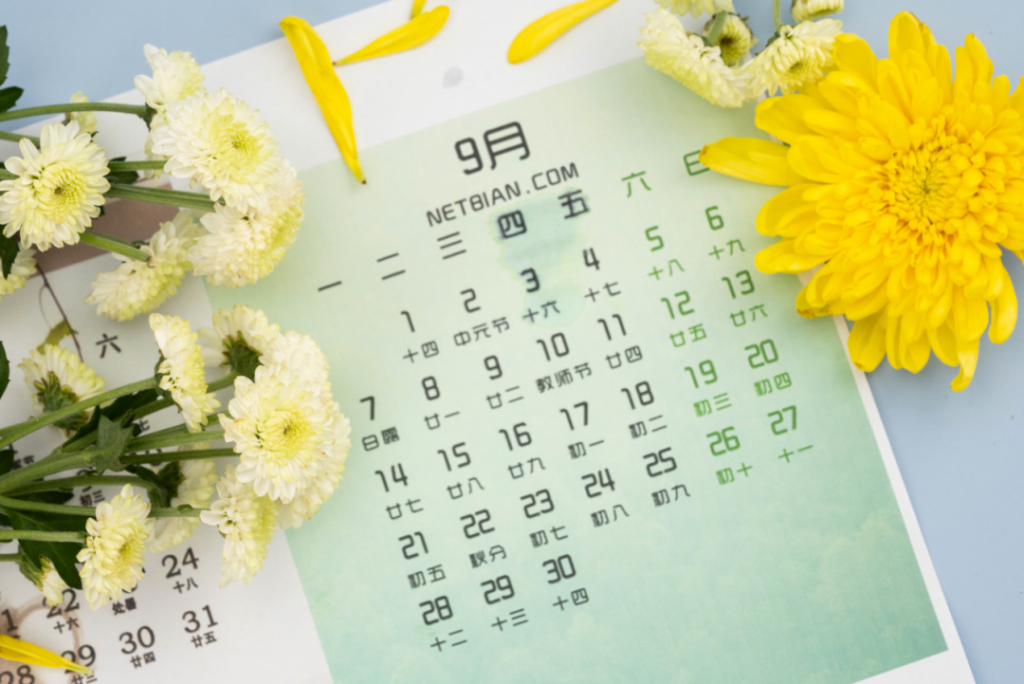
Therefore, Double Ninth Festival was placed the hope of the ancients for health and longevity in the very beginning.
The Earliest Festival Bonus
In Tang Dynasty, the government stipulated that every year, the last day of the first month, the third day of third month, and the ninth day of the ninth month in lunar calendar are the three major statutory festivals. Civil and military officials can choose their own favourite scenic spots to enjoy the scenery. Moreover, on the Double Ninth Day, the imperial court will reward officials, which is the earliest “festival bonus”(过节费 guò jié fèi) in history.

However, after years of circulation, today’s Spring Festival, Qingming, Dragon Boat Festival, Mid-autumn festival occupied the list of Chinese four traditional festivals. The space of Double Ninth day in the hearts of modern people is reducing and we do not even take a day off to observe the tradition.
What do people do on this day?Exorcising evil spirits and avoiding disasters was the original theme of the Double Ninth Festival. From then on, the traditions of mountaineering(登山dēng shān) to look for hometown, wearing Cornel(茱萸zhū yú) and appreciating chrysanthemum(赏菊 shǎng jú) have been passed on.
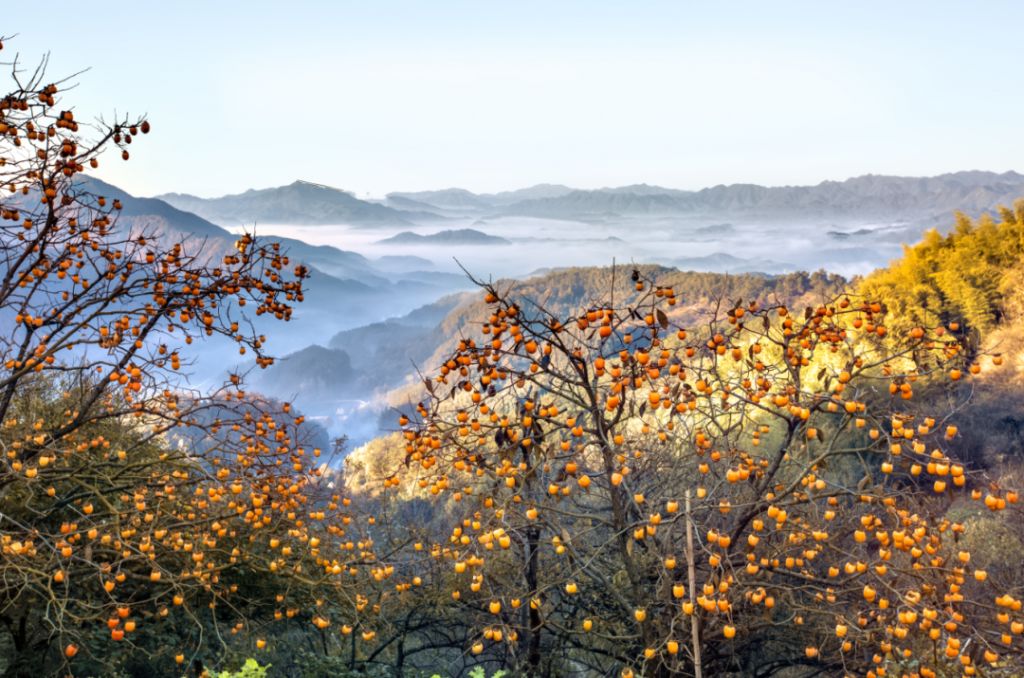
We eat Zongzi at Dragon Boat Festival and mooncake in Mid-autumn Festival, so there must be something for foodie on this day. Yes, Chongyang cake(重阳糕chóng yáng gāo) made of rice flour and fruit or nuts is the festival food people eat on this day, because Chinese have the custom of climbing high to avoid disaster on Double Ninth. Cake(糕gāo) and highness(高gāo) pronounces the same.
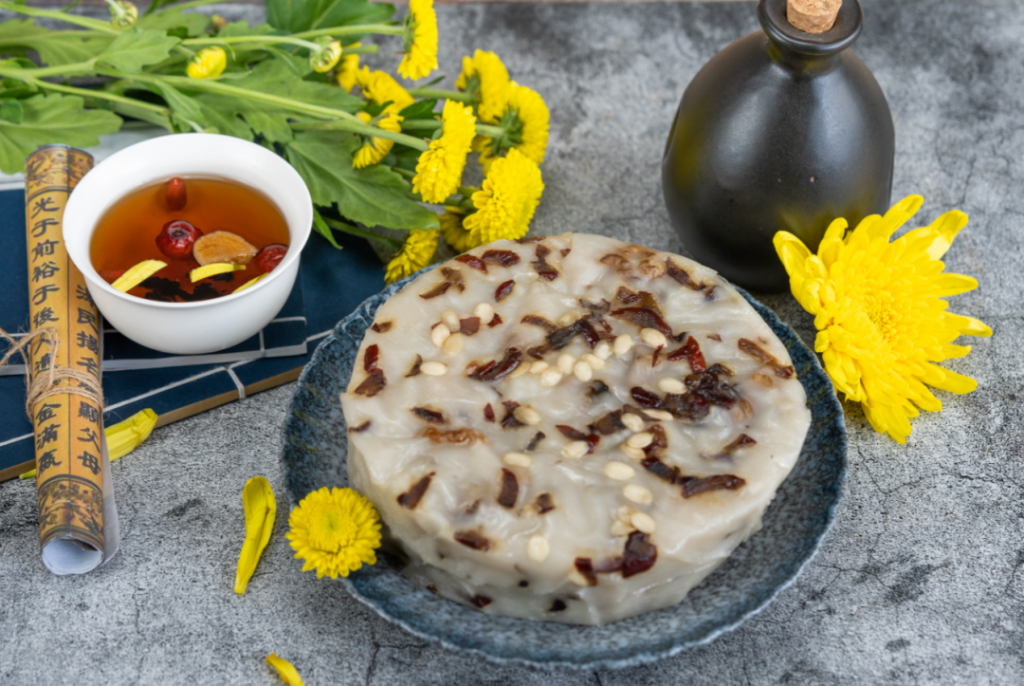
Respect the Senior
In modern times, Double Ninth Day is endowed with the new meaning of respecting the elderly. Respecting them is to respect the five-thousand years of Chinese culture. When we lead a fast paced life, those traditions are seldom celebrated.
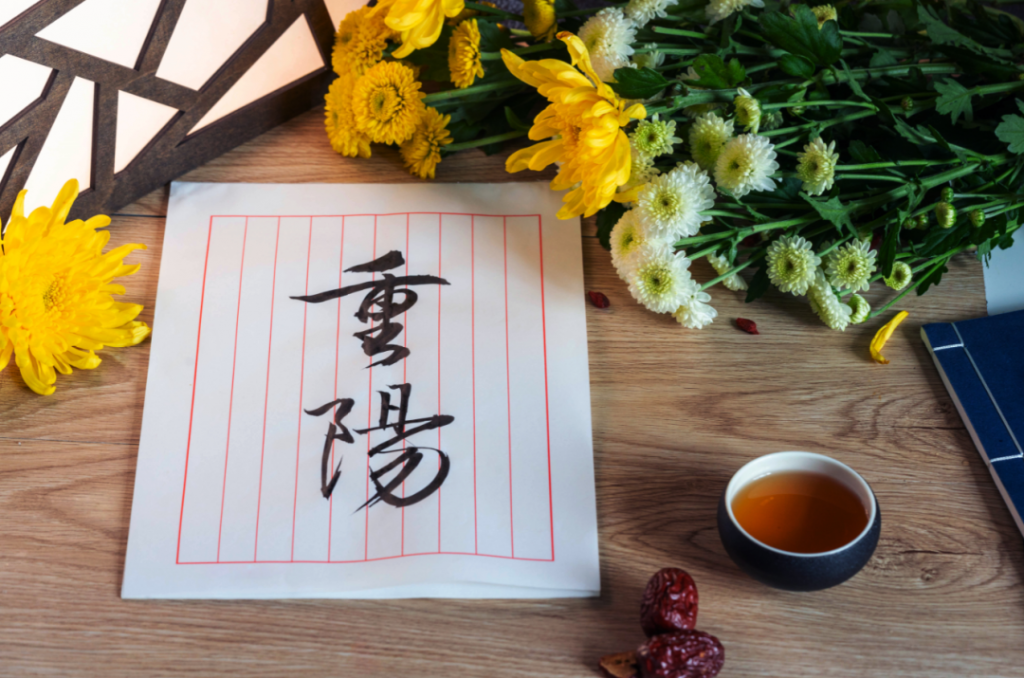
We should understand that study, work, marriage…every step of growing up could mean a step away from the senior in the family. Caring for the old has unexpectedly became more difficult thing than thousands years earlier. Always going home and visit our parents and grand parents is what we can do through company. Even you cannot do it, at least let them know you love them through message or phone call on this coming Sunday.
